Who Was William James?
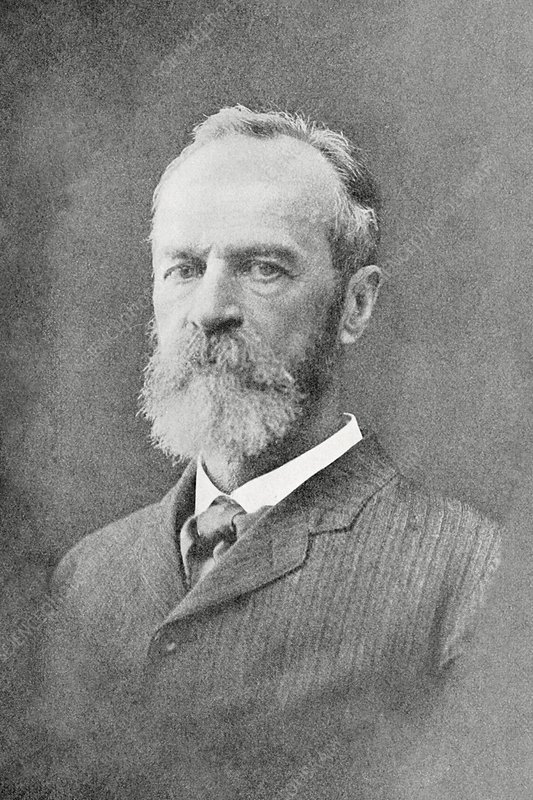
“We are like islands in the sea, separate on the surface but connected in the deep.”
― William James
William James (1842-1910) is widely regarded as the father of American psychology and one of the most influential thinkers of the 19th and early 20th centuries. His groundbreaking work laid the foundation for the development of psychology as a scientific discipline and introduced concepts that continue to shape our understanding of the human mind and behavior. In this essay, we will explore James’s life, his contributions to psychology, and his lasting impact on the field. I have used James work as a foundation in some of my publications through my Hoover Alabama Practice, Taproot Therapy Collective.
The Emergence of Psychology: Structuralism vs. Functionalism
In the late 19th century, psychology was still in its infancy, and two competing schools of thought emerged: structuralism and functionalism. Structuralists, led by Wilhelm Wundt, sought to understand the structure of the mind by breaking it down into its basic elements. Wundt established the first psychology laboratory at the University of Leipzig in 1879, where he conducted experiments using introspection, a method that involved trained observers reporting their conscious experiences.
In contrast, functionalists, including William James, were more interested in understanding the function of mental processes and how they help organisms adapt to their environment. James argued that consciousness is a continuous flow of thoughts, which he famously described as a “stream of consciousness.” He emphasized the importance of studying the mind in its natural context and considering the practical consequences of mental processes.
William James’s Contributions to Psychology
James’s most significant contributions to psychology include his theories of emotion, habit, and the self. In his book “The Principles of Psychology” (1890), James introduced the James-Lange theory of emotion, which proposes that physiological changes in the body precede emotional experiences. This theory challenged the prevailing view that emotions cause bodily changes and suggested that the relationship between the two is more complex.
James also explored the concept of habit, arguing that habits are crucial for efficient functioning in daily life. He believed that by cultivating good habits, individuals can free up mental resources for more complex tasks and achieve greater success in life.
Perhaps James’s most enduring contribution to psychology is his theory of the self. He proposed that the self is composed of multiple aspects, including the material self (the body and possessions), the social self (how others perceive us), and the spiritual self (our inner thoughts and feelings). James’s ideas about the self-influenced subsequent research on self-esteem, self-concept, and identity.
James’s Legacy in Art and Psychology
William James’s ideas have had a profound and lasting impact on various fields, including psychology, philosophy, and even literature. Over time, his theories and insights have been extended and applied in numerous ways, shaping our understanding of the human mind and behavior.
In psychology, James’s functionalist approach paved the way for the development of various subfields, such as cognitive psychology, developmental psychology, and educational psychology. His emphasis on the practical consequences of mental processes has influenced research on problem-solving, decision-making, and learning.
James’s theory of emotion has been refined and expanded by subsequent researchers. While the James-Lange theory has been challenged and modified, it has sparked ongoing research into the complex relationship between physiological arousal and emotional experiences. This line of research has led to the development of theories such as the Cannon-Bard theory and the Schachter-Singer theory of emotion.
The concept of habit formation, as explored by James, has been applied in various settings, from education to personal development. James’s ideas about the importance of cultivating good habits have influenced strategies for behavior change, such as those used in cognitive-behavioral therapy (CBT). In educational contexts, James’s insights have been applied to the development of study habits and the promotion of positive learning behaviors.
James’s theory of the self has had a lasting impact on research in social psychology, personality psychology, and developmental psychology. His ideas about the multiple aspects of the self have inspired research on self-esteem, self-concept, and identity formation. James’s insights have also been applied to the study of social comparison processes and the development of the self in relation to others.
In the realm of mental health, James’s exploration of religious and mystical experiences has influenced the field of transpersonal psychology, which studies the spiritual and transcendent aspects of human experience. His ideas have been applied to the study of mindfulness, meditation, and other contemplative practices that aim to promote well-being and personal growth.
James’s work has also had a significant impact on philosophy, particularly in the areas of pragmatism and radical empiricism. His ideas about the practical consequences of beliefs and the importance of considering the “cash value” of ideas have shaped the development of pragmatist thought. James’s radical empiricism, which emphasizes the continuity of experience and the interconnectedness of mind and world, has influenced subsequent philosophical movements such as phenomenology and existentialism.
Even in literature, James’s ideas have found resonance. His concept of the “stream of consciousness” has been adopted by writers such as Virginia Woolf and James Joyce, who sought to capture the fluid, ever-changing nature of human thought and experience in their works.
“The greatest weapon against stress is our ability to choose one thought over another.”
― William James
The Subconscious Mind and Religious Experiences
James was ahead of his time in recognizing the importance of the subconscious mind and the role of religious and mystical experiences in shaping human behavior. His ideas about the subconscious mind overlapped with Carl Jung’s concept of the collective unconscious, which refers to the inherited, universal aspects of the human psyche.
James also explored the psychology of religious experiences, arguing that they can have a profound impact on individuals’ lives and well-being. In his book “The Varieties of Religious Experience” (1902), James examined a wide range of religious and mystical experiences, from conversion experiences to mystical states of consciousness. He concluded that these experiences can be valuable sources of meaning and purpose, even if they cannot be fully explained by science.
William James’s contributions to psychology cannot be overstated. His ideas about emotion, habit, the self, and the subconscious mind continue to influence research and practice in the field. By emphasizing the importance of studying mental processes in their natural context and considering their practical consequences, James helped establish psychology as a scientific discipline. His openness to exploring religious and mystical experiences also paved the way for a more holistic understanding of the human mind and behavior. As we continue to grapple with the complexities of the human psyche, William James’s legacy serves as a reminder of the enduring value of his groundbreaking insights.
William James’ Life and Work
William James (1842-1910) was an American philosopher and psychologist who is widely regarded as one of the most influential thinkers of the late 19th and early 20th centuries. His groundbreaking contributions to the fields of psychology, philosophy, and the study of religion have had a lasting impact on Western thought.
Early Life and Education
– Born on January 11, 1842, in New York City, to a prominent intellectual family
– Studied art, medicine, and chemistry at Harvard University, but ultimately pursued a career in psychology and philosophy
– Received his M.D. from Harvard Medical School in 1869, though he never actively practiced medicine
Academic Career
– Became a professor of philosophy at Harvard University in 1885, where he taught until his retirement in 1907
– Played a crucial role in the establishment of psychology as an independent academic discipline in the United States
– Served as the president of the American Psychological Association and the American Philosophical Association
Major Philosophical and Psychological Works
– “The Principles of Psychology” (1890) – His seminal work, which laid the foundations for the field of modern psychology
– “The Will to Believe” (1897) – Explored the role of faith and belief in the absence of empirical evidence
– “Pragmatism” (1907) – Developed the philosophical perspective of pragmatism, which emphasized the practical consequences of ideas and beliefs
– “The Varieties of Religious Experience” (1902) – A pioneering study of the diversity of religious experiences and their psychological underpinnings
Key Concepts and Theories
– Stream of consciousness: Introduced the idea of the mind as a continuous, ever-changing flow of thoughts and perceptions
– Radical empiricism: Developed a philosophical perspective that emphasized the importance of immediate experience and the rejection of rigid metaphysical systems
– Pragmatism: Argued that the truth or meaning of an idea or belief should be judged by its practical consequences and ability to resolve doubt
Influence and Legacy
– Played a crucial role in the development of modern psychology, laying the groundwork for the emergence of functionalism and other influential schools of thought
– His philosophical work, particularly his development of pragmatism, had a significant impact on American intellectual life and the broader Western philosophical tradition
– Influenced a wide range of thinkers, including John Dewey, Bertrand Russell, and Henri Bergson, among others
– Remains one of the most widely read and studied American philosophers, with his ideas continuing to resonate in various academic and intellectual circles
Major Published Works by William James:
– “The Principles of Psychology” (1890)
– “The Will to Believe” (1897)
– “Pragmatism” (1907)
– “The Varieties of Religious Experience” (1902)
– “A Pluralistic Universe” (1909)
– “The Meaning of Truth” (1909)
– “Some Problems of Philosophy” (1911)
Bibliography:
- James, W. (1890). The Principles of Psychology.
- James, W. (1897). The Will to Believe.
- James, W. (1902). The Varieties of Religious Experience.
- James, W. (1907). Pragmatism.
- James, W. (1909). A Pluralistic Universe.
- James, W. (1909). The Meaning of Truth.
- James, W. (1911). Some Problems of Philosophy.
Further Reading:
- Richardson, R.D. (2006). William James: In the Maelstrom of American Modernism. Houghton Mifflin Harcourt.
- Taylor, E. (1996). William James on Consciousness Beyond the Margin. Princeton University Press.
- Putnam, R.A. (1997). The Cambridge Companion to William James. Cambridge University Press.
- Pawelski, J.O. (2007). The Dynamic Individualism of William James. SUNY Press.
- Gale, R.M. (2005). The Philosophy of William James: An Introduction. Cambridge University Press.
- Myers, G.E. (1986). William James: His Life and Thought. Yale University Press.
- Feinstein, H.M. (1984). Becoming William James. Cornell University Press.
- Bjork, D.W. (1988). William James: The Center of His Vision. Columbia University Press.
- Barnard, G.W. (1997). Exploring Unseen Worlds: William James and the Philosophy of Mysticism. SUNY Press.
- Levinson, H.S. (1981). The Religious Investigations of William James. University of North Carolina Press.
- Seigfried, C.H. (1990). William James’s Radical Reconstruction of Philosophy. SUNY Press.
- McDermott, J.J. (1967). The Writings of William James: A Comprehensive Edition. University of Chicago Press.
- Pihlström, S. (2007). The Continuum Companion to Pragmatism. Continuum.
- Barzun, J. (1983). A Stroll with William James. University of Chicago Press.
- Croce, P.J. (2018). Young William James Thinking. Johns Hopkins University Press.
Read More Depth Psychology Articles:
Taproot Therapy Collective Podcast
Philosophy



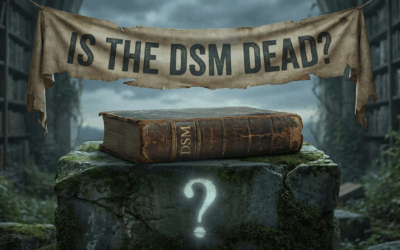
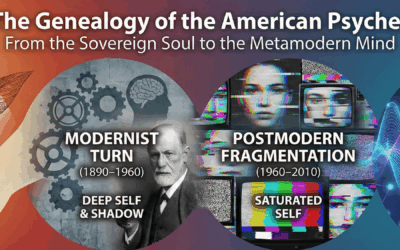
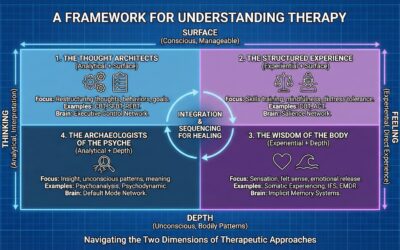

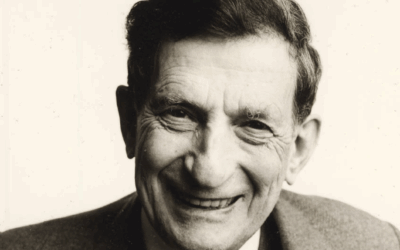
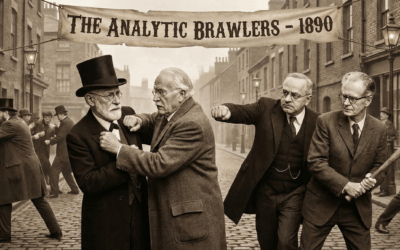
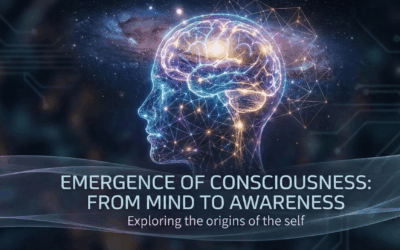


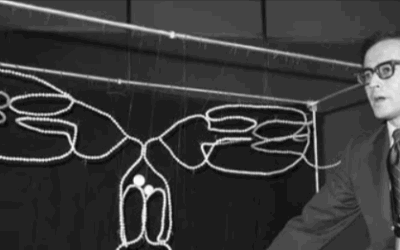


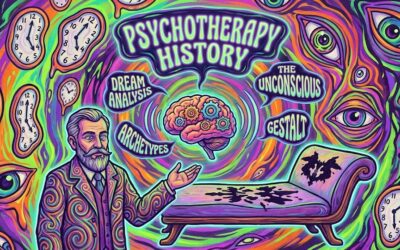
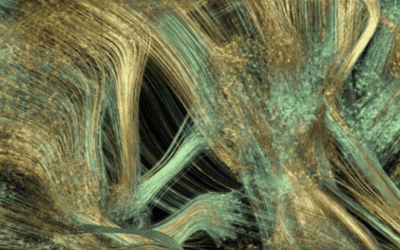
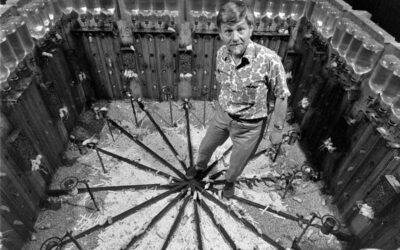


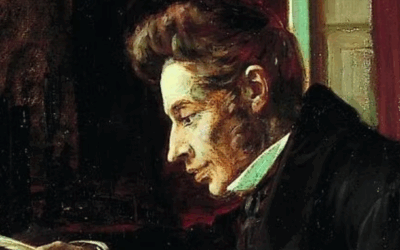



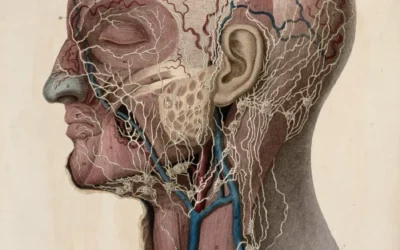

0 Comments